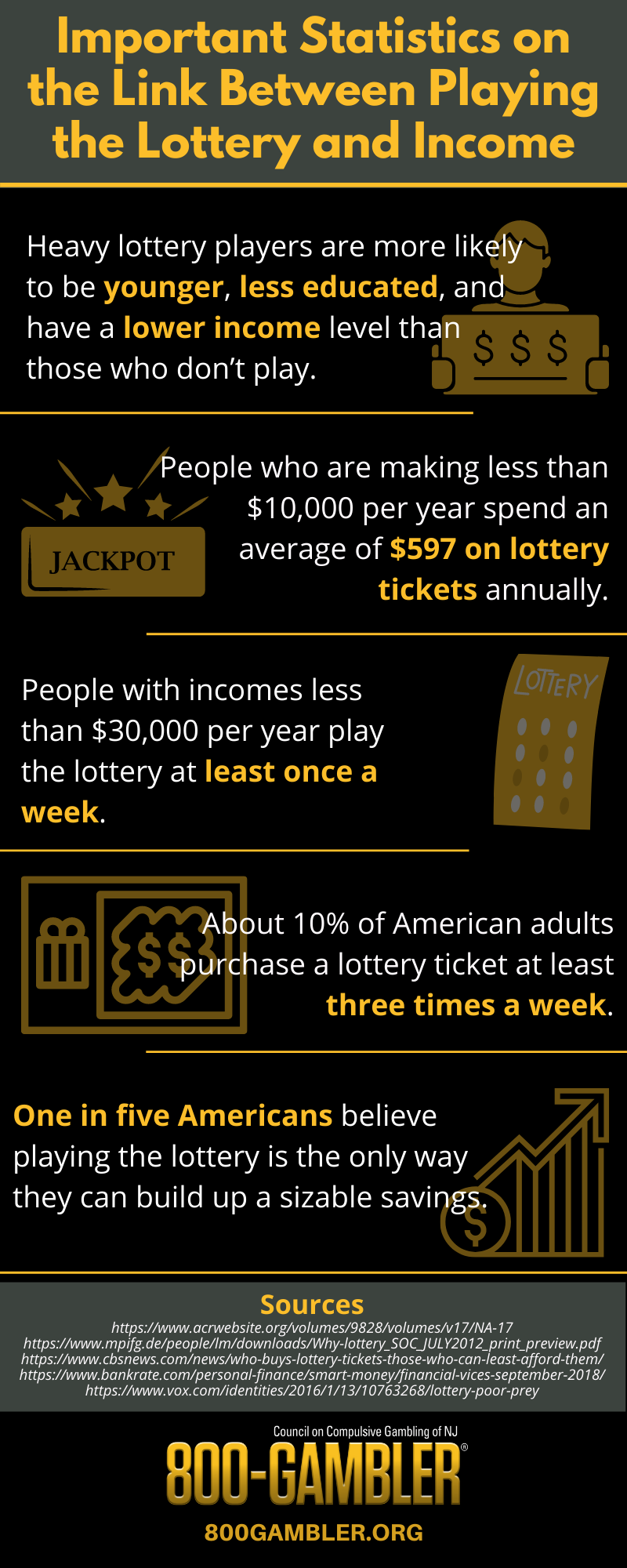For several decades now, the low sticker price of lottery tickets has been enticing the young and old. It’s tempting to purchase a scratch-off or Powerball ticket for only a few dollars when the prize is thousands of dollars. Many people dream of this money rescuing them from their current financial situation. However, the reality is that these wagers can sink them further into debt.
Who is most at risk of falling into trouble with lottery tickets? Is it true that people with lower incomes are more likely to invest in the lottery? We explore these questions and more to help you wisely invest in your future.
Who Is More Likely to Buy Into the Lottery?

Research has shown that both poor and rich people play the lottery. However, heavy players are often characterized by their low income and have less education than light players. The Journal of Gambling even reported that the lowest fifth in terms of socioeconomic status had the highest rate of buying lottery tickets. This suggests that even the smallest prize is attractive to someone in a challenging financial position.
While it’s true that poorer players purchase lottery tickets on a more regular basis, people with a higher income frequently play when the jackpot is high. In fact, some very heavy lottery players have a higher income, are older, and are more likely to engage in other forms of gambling than their poorer counterparts. No one is entirely immune to the promise of lottery tickets.
Why Are Poorer Households Drawn to Lottery Tickets?
People most interested in the lottery, especially scratch-off tickets, often find themselves in a financial hardship that makes it challenging to pay for the necessities, such as rent and groceries. They begin to view lottery tickets as their only hope for a more financially sound life. The Consumer Federation of America found that 1 in 5 Americans believe winning the lottery will help them build up savings. Fantasizing about a better life has them returning to the lottery repeatedly, and their sole purpose in life becomes getting out of poverty and finding purpose.
The government also contributes to the pull of the lottery. States rely on lotteries to raise capital outside of taxes and bond sales. Local and state governments will promote the lottery games to ensure they earn their share of revenues. Lottery ticket sales then increase because people living in poorer communities begin to view the lottery as their last hope for a brighter future.
Could Lottery Tickets Be Problematic?
All too often, lottery products such as scratch-off tickets are seen as “safe” ways to gamble — meaning people do not have to worry about falling into a financial crisis from engaging in the lottery. However, research has shown that purchasing lottery tickets and products can get out of hand and lead to financial difficulties, mental health issues, and relationship problems, just like other forms of gambling.
There are several reasons why scratch-off lottery tickets can be problematic, but one of the top reasons is that it provides instant gratification. Players learn quickly if they have won. And if they haven’t, they’re left feeling like they were close to winning. This risk-taking thrill has them returning to the lottery even if they are paying more money on tickets than they are winning in prizes. If they are on a losing streak, they convince themselves that they need to keep playing more because they’re told the more they play, the more likely they are to win. It can quickly become a vicious cycle where they lose or win and then buy more tickets.
Lottery Tickets Are Not the Answer
When you find yourself in a financially tough spot, it can be challenging to save money to get yourself out. If you feel drawn to purchase lottery tickets even when your financial situation doesn’t support this habit, you can get help by reaching out to our team at 800-GAMBLER. We provide resources and support for problem gambling 24/7, 365 days a year, so you don’t have to feel overwhelmed during your recovery. Call our helpline today!



